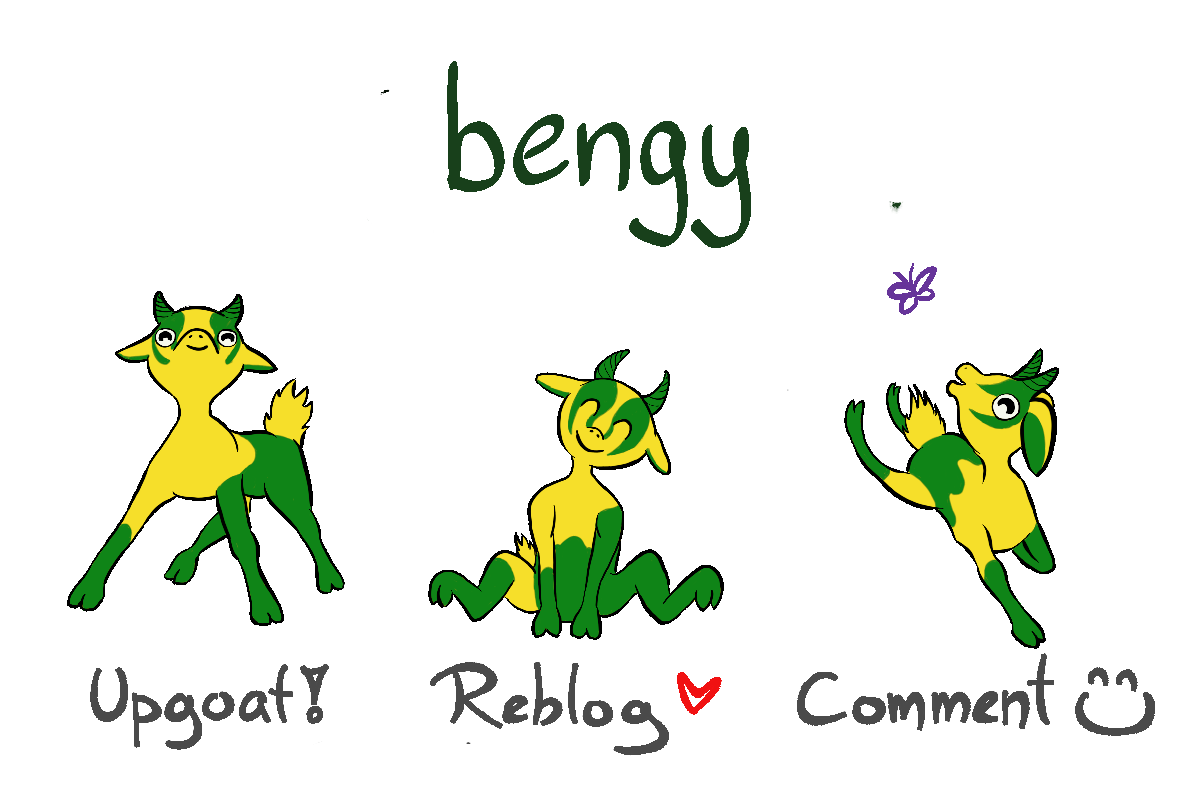
You can find previous Brain Dumps here: Part 1, Part 2, Part 3, Part 4, Part 5, Part 6, Part 7, Part 8, Part 9, Part 10, Part 11, Part 12, Part 13, Part 14, Part 15, Part 16, Part 17, Part 18, Part 19, Part 20, Part 21. Part 22
Well, that was a long time between Masters of Teaching mind dump posts! I had finished the Second Trimester of the first year and then there was a long break whilst there were placements for those who had it scheduled. Given that I'm studying the course from the other side of the world, I've decided to postpone the placement until I'm at least on the same side of the globe!
This Trimester, I have a pretty light load that will go through from now until the end of January. That was deliberate choice, as I'm going have more than enough on my hands with the big move back to Australia. I was actually debating whether or not to just skip the entire Trimester and catch up in the following year... but I figured that just a single unit would be useful to keep me occupied.
So, this particular unit that I'm studying for this trimester is a Science teaching based unit. STEM teaching in the Middle Years. It is about the teaching of STEM subjects during the potentially fraught years between primary and secondary schooling. I've had the introductory first week in it now... and it has opened up my eyes to some ideas that I had not really considered beforehand!
In these years, STEM subjects haven't really been broken out into discrete subjects yet... they all are still lumped a bit together under "Science" (despite the fact that we know that Biology and Chemistry are more like random guessing and not at all science!)... and Maths is still pretty rudimentary and more about "real-life" applications like calculating the cost of your morning coffee! Okay, there is a great deal of snark there... I know the importance of these things, but I still like to poke fun!
However, the biggest problems... which I HAD NOT considered at all (yet seem bloody obvious in hindsight)... is the fact that the students themselves are undergoing some pretty serious transformations in self, location and identity during these transition years. Many will be at a completely new school setting, with new friends... interesting growing up pains from biology and society... and trying to find their balance in the transition from being children to being young adults. It is a chaotic time for them... and they all hit it with different impacts and at different times.
Thus, the teaching needs to adapt for this change of self and identity, which generally means that you need to start involving and respecting the student choices more... and to be prepared to use gentler forms of persuasion and guidance if possible. One very interesting slide in our notes showed how the transition from primary to secondary school correlated with a HUGE drop in student involvement and ownership of learning and school identify.
In hindsight, it is a transition that I was aware of... but given that I'm usually a little bit oblivious to humans in general, it was usual for that I have a course unit that squarely focusses upon it!
It is a transition that I have seen in my own private students... interestingly enough, more in the girls than the boys. There will be a summer break, and then all of a sudden the student that greets me at the door is a different person... somewhat awkwardly less child and more adult. It is weird, the child that I know from the previous year is still there... just lurking under the surface, and if teased out can still elicit the same sense of joy of discovery from behind the veneer of aloofness. But for some students, it is sometimes gone forever... it is a sad thing to see go.
Anyway, back to the unit. Although I'm a Masters student, this particular unit is composed of both post and undergraduate students... with a cohort of around 100 students or so. It is also a mix of secondary and primary focus (given that the course covers the transition), so there are often two paths for each focus to follow individually.
Only two assignments, which is a nice relief from the assignment heavy terrible unit from last trimester... but I've not been able to get my hands on the textbook yet, so I'm winging it a bit with the reading. In this first week, it isn't so bad... we are rehashing much of the constructivist ideas that we've covered in other units. However, I do hope that I get the textbook before we get too far afield!
I'm looking forward to this course... it is really well laid out in the online notes. Again, a nice change from one of the horrible units of the last trimester! Although teaching Science/Maths to middle years isn't my idea of enjoyment (I prefer the later stuff in the secondary school)... I suspect that if I'm teaching at a school, I will need to be prepared to teach these transition years as well!

I can also be found cross-posting at:
Hive
Steem
Publish0x
Handy Crypto Tools
Ledger Nano S/X: Keep your crypto safe and offline with the leading hardware wallet provider. Not your keys, not your crypto!
Binance: My first choice of centralised exchange, featuring a wide variety of crypto and savings products.
Kucoin: My second choice in exchanges, many tokens listed here that you can't get on Binance!
FTX: Regulated US-based exchange with some pretty interesting and useful discounts on trading and withdrawal fees for FTT holders. Decent fiat on-ramp as well!
MXC: Listings of lots of interesting tokens that are usually only available on DEXs. Avoid high gas prices!
Coinbase: If you need a regulated and safe environment to trade, this is the first exchange for most newcomers!
Crypto.com: Mixed feelings, but they have the BEST looking VISA debit card in existence! Seriously, it is beautiful!
CoinList: Access to early investor and crowdsale of vetted and reserached projects.
Cointracking: Automated or manual tracking of crypto for accounting and taxation reports.
Stoic: A USD maximisation bot trading on Binance using long-term long strategies, powered by the AI/human system of Cindicator.
StakeDAO: Decentralised pooled staking of PoS assets.

Account banner by jimramones


Your content has been voted as a part of Encouragement program. Keep up the good work!
Use Ecency daily to boost your growth on platform!
Support Ecency
Vote for Proposal
Delegate HP and earn more
Thank you for the support and curation!
Thank you for the support and curation!
I haven't yet attempted a masters degree, and I'm not sure if I will. I did get accepted into one a few years back - its focus was on digital technology. Sounded interesting, but I just didn't get around to starting it.
I get how you feel about middle school STEM. I teach Year 7 Maths, and find, at times, that it can be particularly trying and energy sapping. I'd never really thought a great deal about the why - I always just chalked it up to "that's the nature of Year 7's", however, after some of your comments here, I may have opened up a whole new way of thinking about it.
Perhaps master's degrees do have something of worth in them! Thanks for sharing your insights and how you are travelling with it all.
I find that the study is quite interesting, as there are things that make a lot of sense after looking at research from psychological and team management sort of perspectives. Of course, I get driven nuts by the somewhat unwieldy bureaucratic reporting that seems to be needed... I think that things would be much easier if there wasn't funding bodies (education departments) and parents that needed to be appeased... it sets the wrong priorities on things.
However, much of what I'm learning in the Masters is more theoretical. Very little in the way of HOW to implement it well... plus, I'm told that much of what we learn... is resisted heavily, by parents, by schools, by education boards, by textbook manufacturers...
... we were told... be idealistic but practical. Survive, and make the change when we are in positions of power. Sigh...